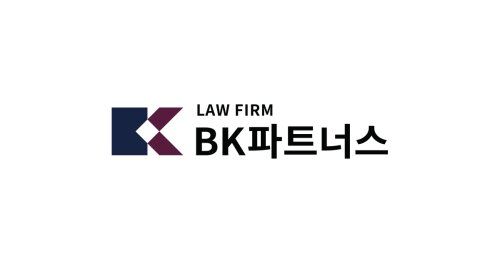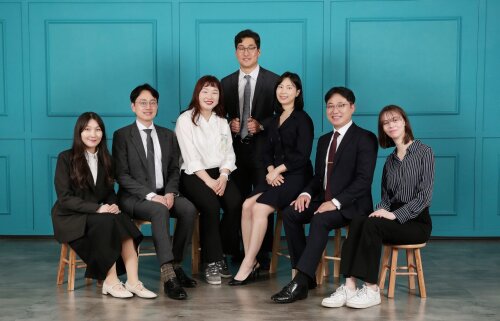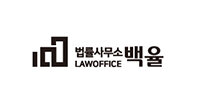Best Education Law Lawyers in South Korea
Share your needs with us, get contacted by law firms.
Free. Takes 2 min.
Or refine your search by selecting a city:
List of the best lawyers in South Korea
About Education Law in South Korea
Education Law in South Korea covers the statutes and regulations governing the education system, spanning from preschool through higher education institutions. These laws are designed to ensure the rights and responsibilities of students, teachers, parents, and educational institutions are well-defined and protected. Korea has a robust education system that emphasizes compulsory education and aims to provide equal opportunities for all children. The Ministry of Education handles the implementation and regulation of education laws, striving to ensure a standardized yet dynamic learning environment.
Why You May Need a Lawyer
There are several situations where individuals or institutions may require legal assistance in Education Law in South Korea. Common instances include:
- Disputes over student rights and disciplinary actions.
- Issues related to special education needs and accommodations.
- Legal concerns regarding school policies or educational curriculum.
- Employment disputes involving teachers and educational staff.
- Matters concerning educational negligence or misconduct.
- Clarification and advice on compliance with educational laws and regulations.
In these scenarios, legal advice can help navigate the complexities of the law to protect one's rights and fulfill responsibilities effectively.
Local Laws Overview
South Korea’s education system is primarily governed by a series of acts and regulations that ensure structure and fairness. Key aspects include:
- Compulsory Education: Elementary and middle school education is compulsory and free, emphasizing universal access to basic education.
- Educational Equality: Laws ensure equal access to education, prohibiting discrimination based on disability, race, or economic status.
- Student Rights: Students are protected under laws focused on their rights to a safe and supportive educational environment.
- Teacher Regulations: Teachers' rights and responsibilities are defined, with a focus on professional development and ethical conduct.
- Private Education: Private academies, or hagwons, are regulated to prevent excessive tuition and ensure educational quality.
These aspects play a crucial role in maintaining educational standards and fairness across the nation.
Frequently Asked Questions
What is the age range for compulsory education in South Korea?
Compulsory education in South Korea covers children from ages 6 to 15, which includes elementary (6 years) and middle school (3 years).
Are there any laws governing special education in Korea?
Yes, the Special Education Act outlines requirements and provisions to support students with disabilities, ensuring they receive appropriate education and support services.
How are issues of school violence addressed under Korean Education Law?
The School Violence Prevention Act enforces procedures to manage and prevent school violence, including counseling, suspension, and legal actions when necessary.
Can international students attend Korean schools?
International students can attend Korean schools, subject to certain regulations and visa requirements. There are also international schools catering to expatriate communities.
What is the role of the Ministry of Education in South Korea?
The Ministry of Education formulates educational policies, sets curriculum standards, and ensures nationwide adherence to education laws and regulations.
Are homeschooling and alternative education permitted in South Korea?
Homeschooling in South Korea is not widely recognized, and alternative education forms have specific legal frameworks that must be adhered to.
What legal recourse is available if a student’s rights are violated?
Students or their guardians can file complaints with the school, education offices, or pursue legal actions through educational advocacy groups or legal professionals.
How can a teacher handle disputes with a school administration?
Disputes are typically addressed through the school’s internal procedures, the teacher’s union, or through legal actions if necessary.
Are there specific laws regulating early childhood education?
Yes, the regulations ensure safety and educational standards for childcare centers and kindergartens across the country.
What is the process for challenging a university’s decision in South Korea?
Students can appeal through the university’s administrative appeal process, seek mediation from the Korea Council for University Education, or take legal action, if needed.
Additional Resources
For further assistance or information, individuals can reach out to the following organizations:
- Ministry of Education: The foremost authority on educational policies and regulations in South Korea.
- Korea Legal Aid Corporation: Offers legal assistance and information on various legal matters, including education law.
- Korean Educational Development Institute: Provides research and resources on educational policy and development.
- Child Rights Act Resource Center: Focuses on upholding and protecting child rights in the education system.
Next Steps
If you find yourself needing legal assistance in the field of Education Law in South Korea, consider the following steps:
- Gather all relevant documents and information pertaining to your situation.
- Consult with a legal expert who specializes in education law.
- Schedule an appointment with a legal aid organization or private lawyer for personalized advice.
- Consider mediation or negotiation if it seems likely to resolve the dispute amicably.
- Follow through with any legal proceedings, ensuring you understand each step of the process to protect your rights.
Having knowledgeable legal counsel can provide clarity and help navigate the often-complex education laws in South Korea.
Lawzana helps you find the best lawyers and law firms in South Korea through a curated and pre-screened list of qualified legal professionals. Our platform offers rankings and detailed profiles of attorneys and law firms, allowing you to compare based on practice areas, including Education Law, experience, and client feedback.
Each profile includes a description of the firm's areas of practice, client reviews, team members and partners, year of establishment, spoken languages, office locations, contact information, social media presence, and any published articles or resources. Most firms on our platform speak English and are experienced in both local and international legal matters.
Get a quote from top-rated law firms in South Korea — quickly, securely, and without unnecessary hassle.
Disclaimer:
The information provided on this page is for general informational purposes only and does not constitute legal advice. While we strive to ensure the accuracy and relevance of the content, legal information may change over time, and interpretations of the law can vary. You should always consult with a qualified legal professional for advice specific to your situation.
We disclaim all liability for actions taken or not taken based on the content of this page. If you believe any information is incorrect or outdated, please contact us, and we will review and update it where appropriate.
Browse education law law firms by city in South Korea
Refine your search by selecting a city.












